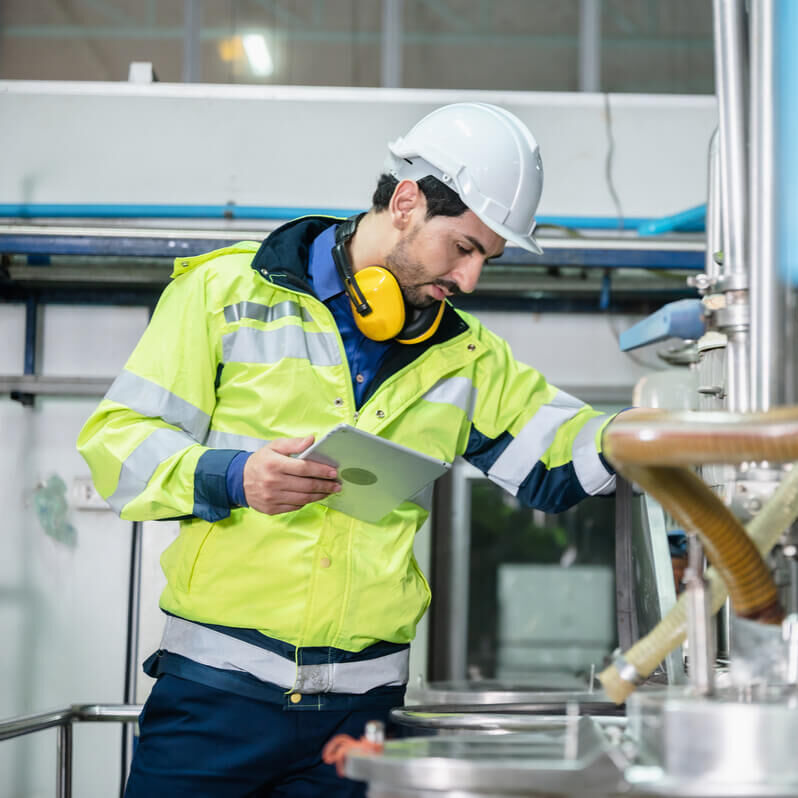Reorganization in chemical enterprises
Market conditions are forcing the chemical industry to optimize processes and workflows. At the same time, true to the motto "form follows function", this question must be asked: do the existing organizational structures support these new requirements and working methods in the best possible way? This is why organizational structures are currently often on the transformation agenda of chemical companies, particularly in Europe. Key tasks in this context are, for example:
- How can central functions such as CAPEX Engineering and Technical Services be brought closer to the business side?
- How can important excellence functions be anchored organizationally so that this also works and is hardwired?
- How can it be ensured that roles have the right focus and can fulfill their intended function, for example by separating day-to-day business and future considerations in technology?
- Is an existing shared service organization in the chemical park really the best solution? Or do competencies need to be built up internally?
In most cases, the solution to these questions is accompanied by major changes, which places demands on the development process and change management.
Targeted development and implementation of the organization
An organizational realignment requires a robust approach. Those responsible should be able to provide clear answers to key questions. Above all, why the change is being made, what specifically is changing and how this will affect individual employees.
In addition to an initial analysis of the status quo, the starting point for any new organizational design should be a close examination of the business requirements that will be placed on the future unit. Based on this, design principles can be developed in individual steps. In addition, the functional organization chart, a RACI matrix for processes, the personnel organization chart as well as qualification and implementation plans.
CLIENTS
Further services for the chemical industry

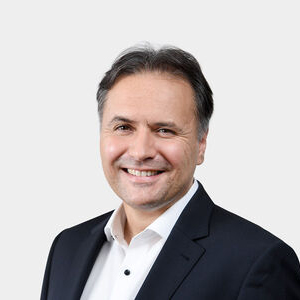

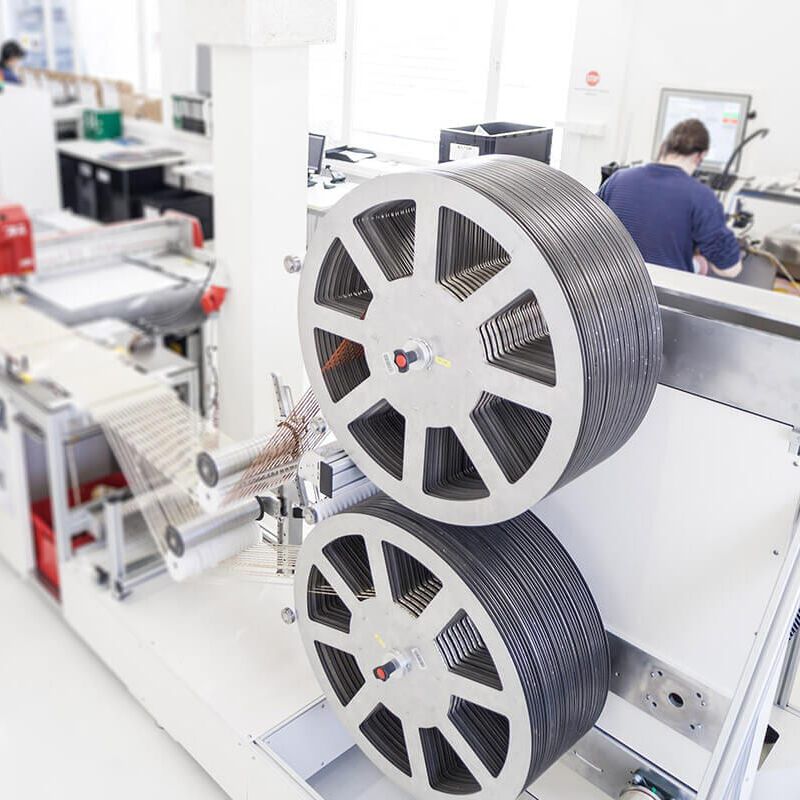
![[Translate to English:] ROI Case Studie - Digital Twin](/fileadmin/_processed_/6/1/csm_roi-casestudy-digital-twin_3c8c268a58.jpg)

![[Translate to English:] Warehouse 4.0, Intralogistik 4.0, Logistik](/fileadmin/user_upload/intralogistik-2030-roi-beratung.jpg)
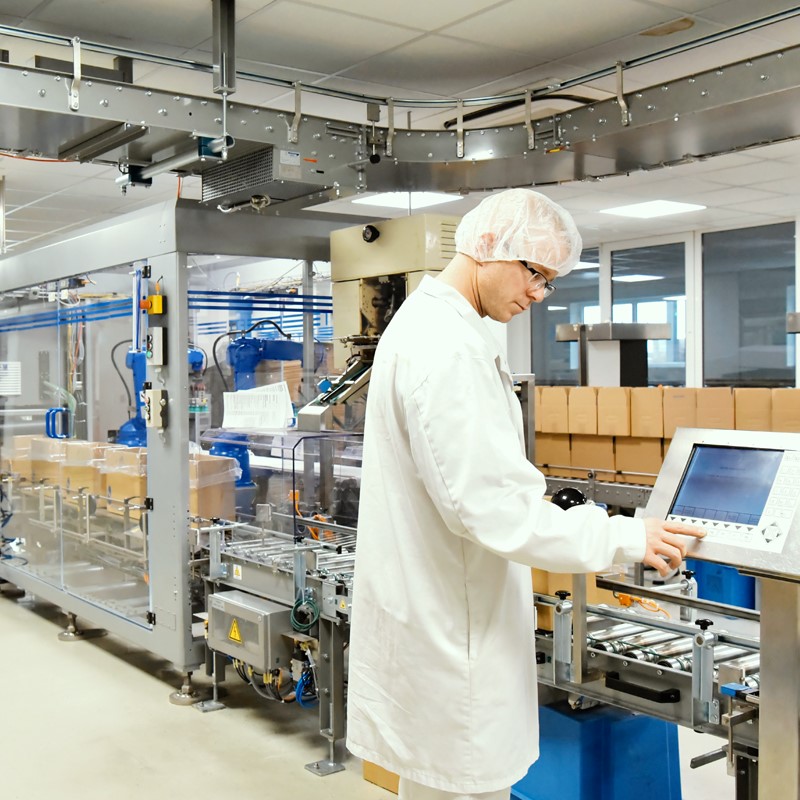
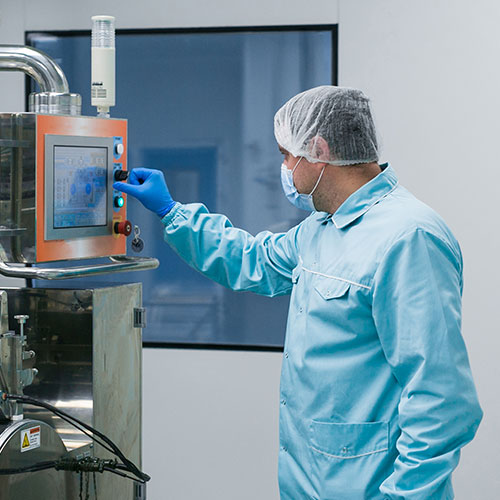
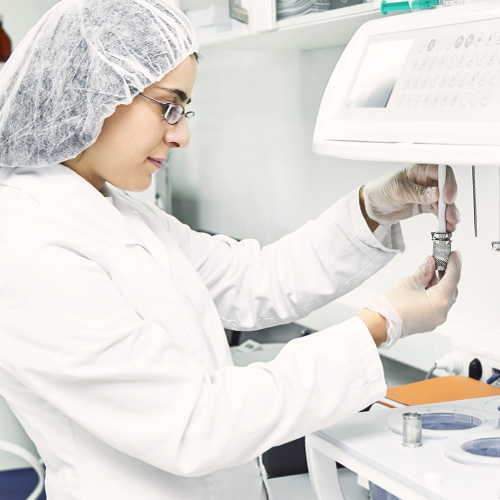
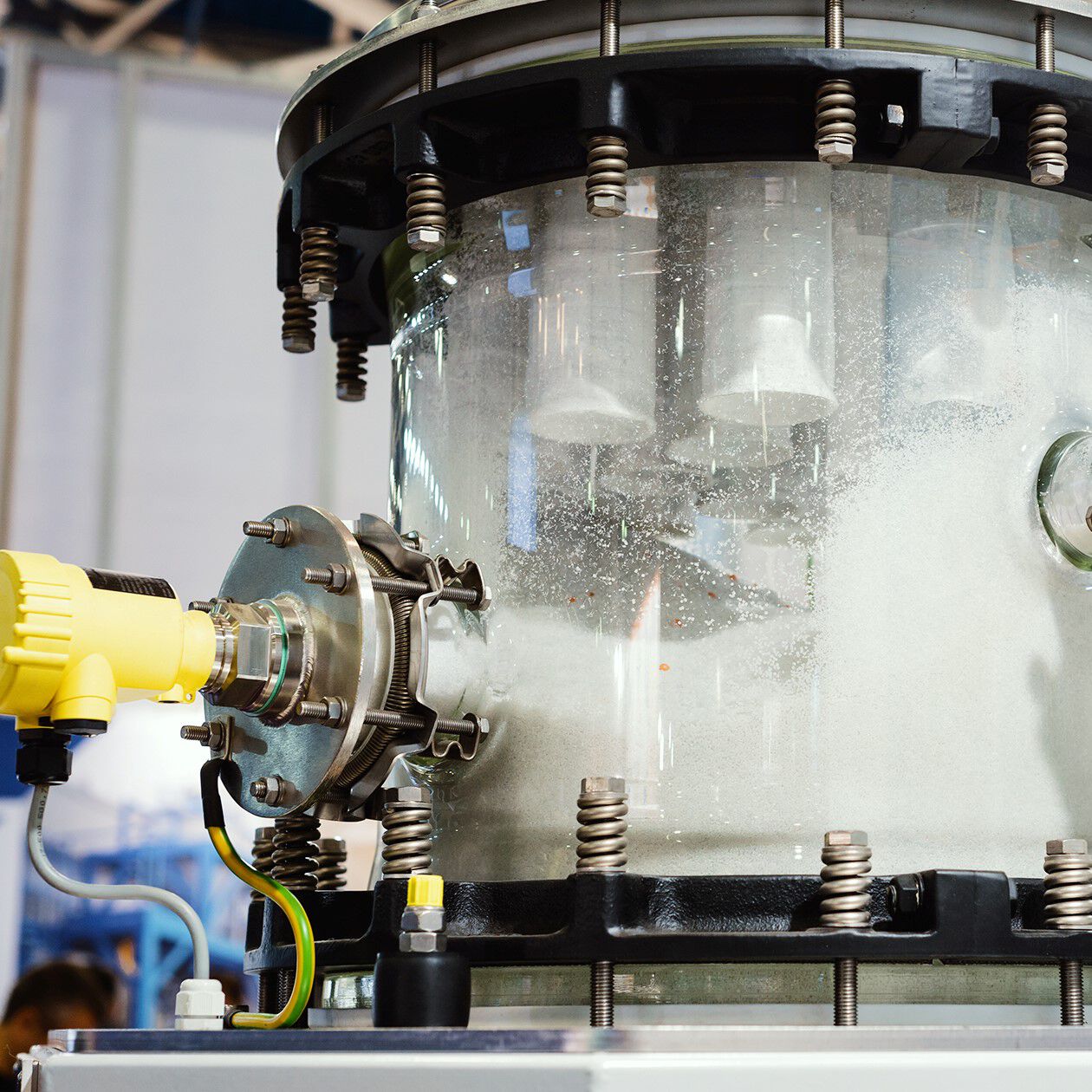
![[Translate to English:] [Translate to English:]](/fileadmin/_processed_/6/e/csm_EFESO_sustainability_sustainable_products_53f73ed7fd.jpg)

